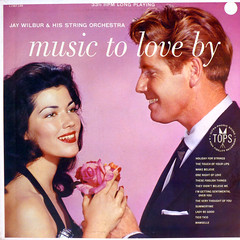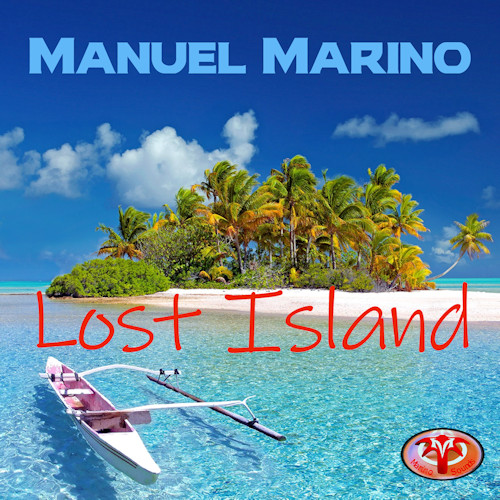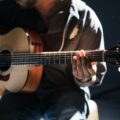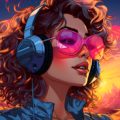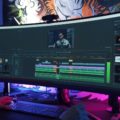Music is natural to us, and we can sing popular songs without ever taking a lesson. However, many people who take music classes to learn an instrument do not get very far, due to the way many music teachers teach. They often teach you how to read music for your instrument rather than how to play music. While learning to read music for simple songs may not be difficult, learning the complicated musical notation for modern songs that you want to play can be considerably harder. There are three approaches to learning to play an instrument:
Learning by ear is how we learn to sing. We learn to sing songs by listening to them. Many successful professional musicians, who cannot read music, have used this approach. People who do karaoke often cannot read music but can perform popular songs that might appear surprisingly complicated as written music. Having an excellent ear for music is the most important skill a musician can have. For the most successful musicians, blind reading music is not even an option.
Being able to read musical notation is a valuable skill. It was invented to ensure a musical work could be recorded and passed on to others. Before that, the only way to learn a piece of music was to hear someone else play it. With the age of recorded music, there was a new way. Music has become easily accessible. We all can have our favorite music to listen to over and over again. Learning to read music for simple songs is not difficult, but the musical notation for the popular songs that we want to sing or play is not easy. That common song that you learned to sing so easily by ear has complicated and challenging musical notation.
Music theory teaches us how music works. All music is based on some basic building blocks and rules. What seems to be hundreds of different songs reduces down to a much smaller amount of musical formulas. Understanding the building blocks of music and the rules for using them simplifies music and makes it much easier to learn. It sounds technical, but it’s just understanding how groups of notes create sounds. For lead or melody playing, it’s learning scales and techniques, including not only formal scales but also pentatonic and blues scales and other groups of notes that produce a specific sound. For harmony and chords, it’s learning the groups of notes played at the same time to support lead or melody. Even for those who play by ear and cannot give names to these groups of notes, they still need to know them.
What is the best combination of the three approaches to learning to play an instrument? It depends. If you want to play classical music, there is a strong focus on reading music. For those who want to play rock, blues, or jazz, you need an excellent ear and an understanding of the groups of notes that give you the sounds you want. There is nothing wrong with learning to read and write music; it’s a very useful skill, but you shouldn’t let it hold you back. Many successful musicians cannot read music. As soon as they come up with a hit song, someone who can read music converts it into music notation. Who do you think gets paid the most?
Manuel Marino is a seasoned Senior Producer, Music Composer, and Artist with over a decade of experience. He specializes in branded entertainment across various mediums, including video games, films, and advertising campaigns. With 20+ years as a game music composer, Manuel has worked on numerous platforms, creating diverse orchestral soundtracks. HIRE ME
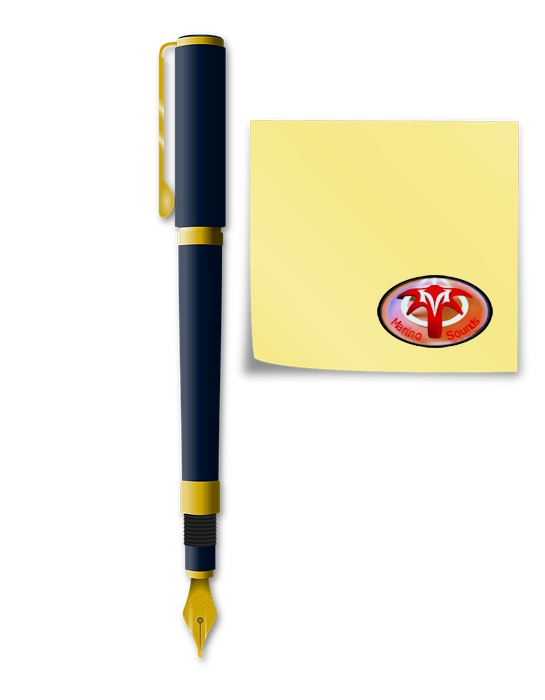

 Manuel is a passionate, driven, and techsavvy AV technician,
Manuel is a passionate, driven, and techsavvy AV technician, 